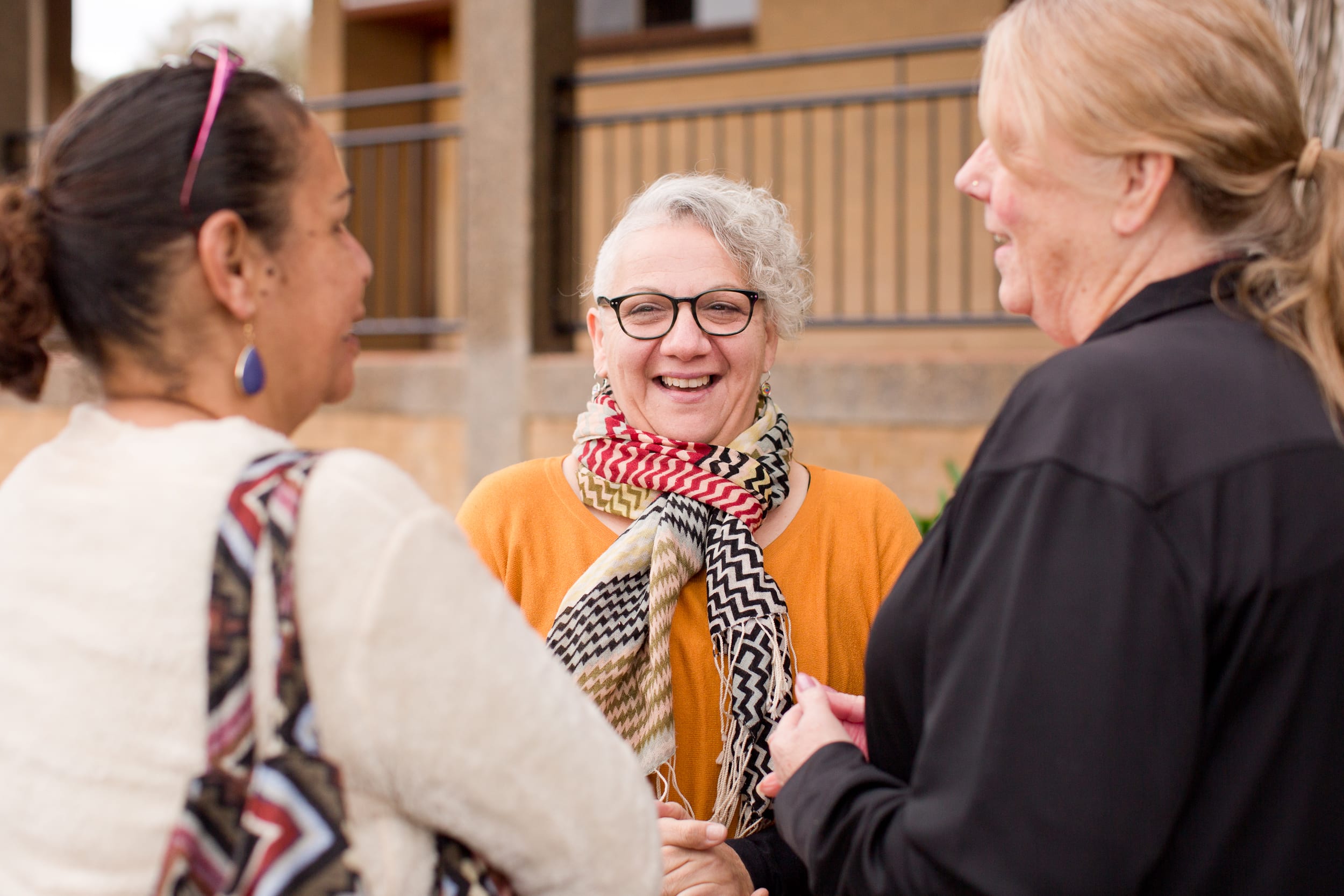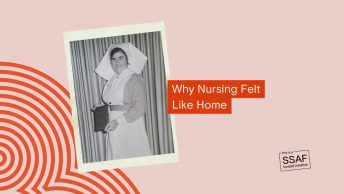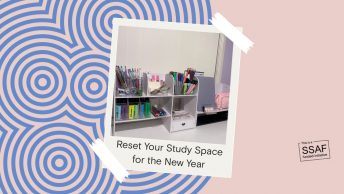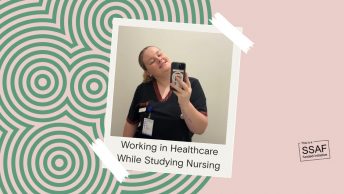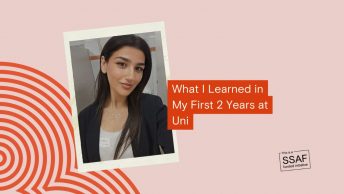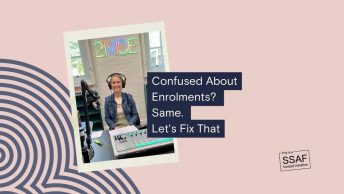This post is over three years old, the information may be outdated.
By Saskia-Jayne Handley
Have a temporary condition or disability affecting your studies?
A temporary condition, such as a broken limb, injury, pregnancy, or short-term disability, can impact assignments, practical tasks, workplace learning, and exams.
We spoke to Brooke Kaveney, who is currently studying a Ph.D. in Soil Biochemistry at Charles Sturt University. In July 2018, Brooke fell off her horse while competing, leaving her dominant arm incapacitated.
In what way did your injury affect you?
For the first three weeks, I couldn’t move my whole upper body. I had to wait for a fortnight before I could have surgery and then another 14 weeks in recovery and rehabilitation.
My lab work was really physical with heavy lifting, and as my right arm was in a sling I couldn’t even swipe into the building by myself.
I thought I just had to do the best I could with my injury for the next two months. I didn’t realise a condition like mine qualified as a temporary disability.
How did the Disability Service team help you?
A day out from starting the experimentation phase, I contacted the Disability Service team to ask what assistance was available.
They organised a participation assistant to complete all the physical work for me at my instruction for the two months.
The team also phoned regularly, checking in to see how I was going and if I needed any extra assistance.
What are your hacks for studying with a temporary condition?
- Remember that everything will take longer and to be kind to yourself
- Take into account that medication can make you drowsy, nauseous, or affect your performance
- Let people help – trust that someone else can do it
- Don’t be afraid to ask for help – contact the Disability Service to find out what support is available!
Get support
If you have a temporary condition or disability, the Disability Service team can help you on a short-term basis.
Learn more about the Disability Service and how the team can support you.


